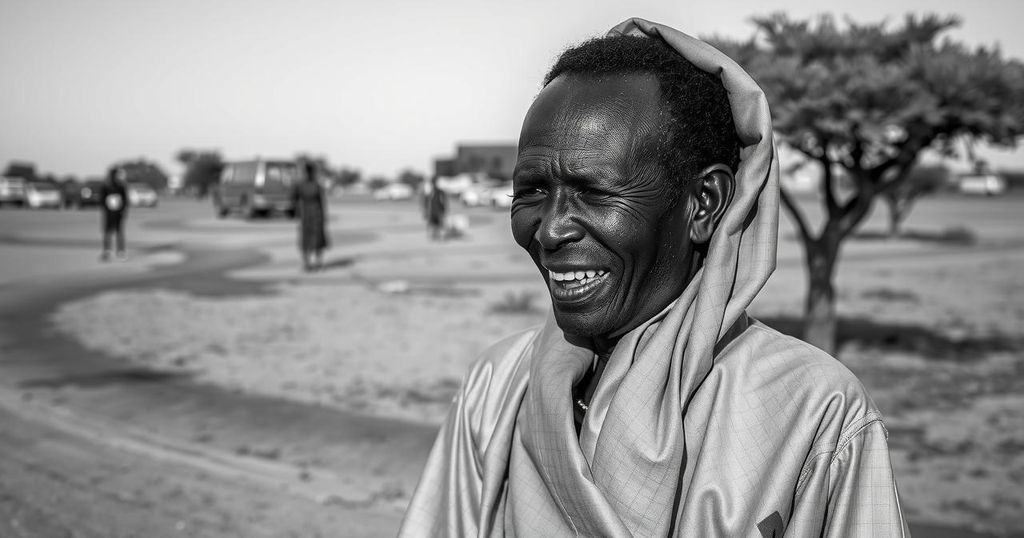Simon Chop’s new book, “The Red Horse of the Apocalypse: The Spirit of Violence, Revenge, and Conquest,” explores South Sudan’s violent history, highlighting the impacts of tribalism and revenge. Providing a unique perspective as a refugee and an academic, Chop discusses the resilience of the Nuer people and examines the human costs of ongoing conflicts. The book serves as a critical reflection on South Sudan’s struggle for peace and stability.
In his compelling new book, “The Red Horse of the Apocalypse: The Spirit of Violence, Revenge, and Conquest” (ISBN: 978-0228846253), Simon Chop elucidates the tumultuous history of South Sudan, a nation beset by violence and civil strife. Through a rich narrative, Chop explores the deep-seated tribal rivalries and the culture of revenge that have shaped the country’s trajectory from the struggle for independence to the ensuing civil wars. The titular red horse symbolizes the persistent bloodshed that has characterized South Sudan’s quest for peace and stability.
Chop’s unique perspective as a refugee from South Sudan provides an insightful backdrop to his analysis. Born in a rural village, he overcame educational barriers before fleeing the country to live in refugee camps across Ethiopia and Kenya. His personal journey, coupled with his academic credentials in Social Justice and International Relations, underscores the complexities of the political and social dilemmas facing South Sudan.
The author highlights the plight of the Nuer people, illustrating their resilience amidst adversity while portraying their stories as vital to understanding the broader crisis that afflicts the region. “The Red Horse of the Apocalypse” serves as a sobering examination of the severe human costs associated with political turmoil and the cyclical nature of violence that sustains conflicts and undermines peace.
The book addresses the profound issues surrounding South Sudan, which became the world’s youngest nation in 2011. Despite gaining independence, the nation quickly fell into internal conflict, largely due to ethnic divisions and power struggles. Simon Chop’s firsthand experiences as a refugee provide him with the necessary context to discuss the historical and ongoing violence, making his insights particularly valuable as South Sudan continues to navigate its tumultuous path toward stability.
In summary, Simon Chop’s “The Red Horse of the Apocalypse” is a significant contribution to the discourse on South Sudan, revealing deep-rooted issues of violence, tribalism, and revenge that continue to plight the nation. Chop’s personal narrative and scholarly approach together create a poignant account of the struggles faced by South Sudanese people. The book is both a historical exploration and a call for understanding the dire consequences of political ambitions gone awry.
Original Source: baytobaynews.com






